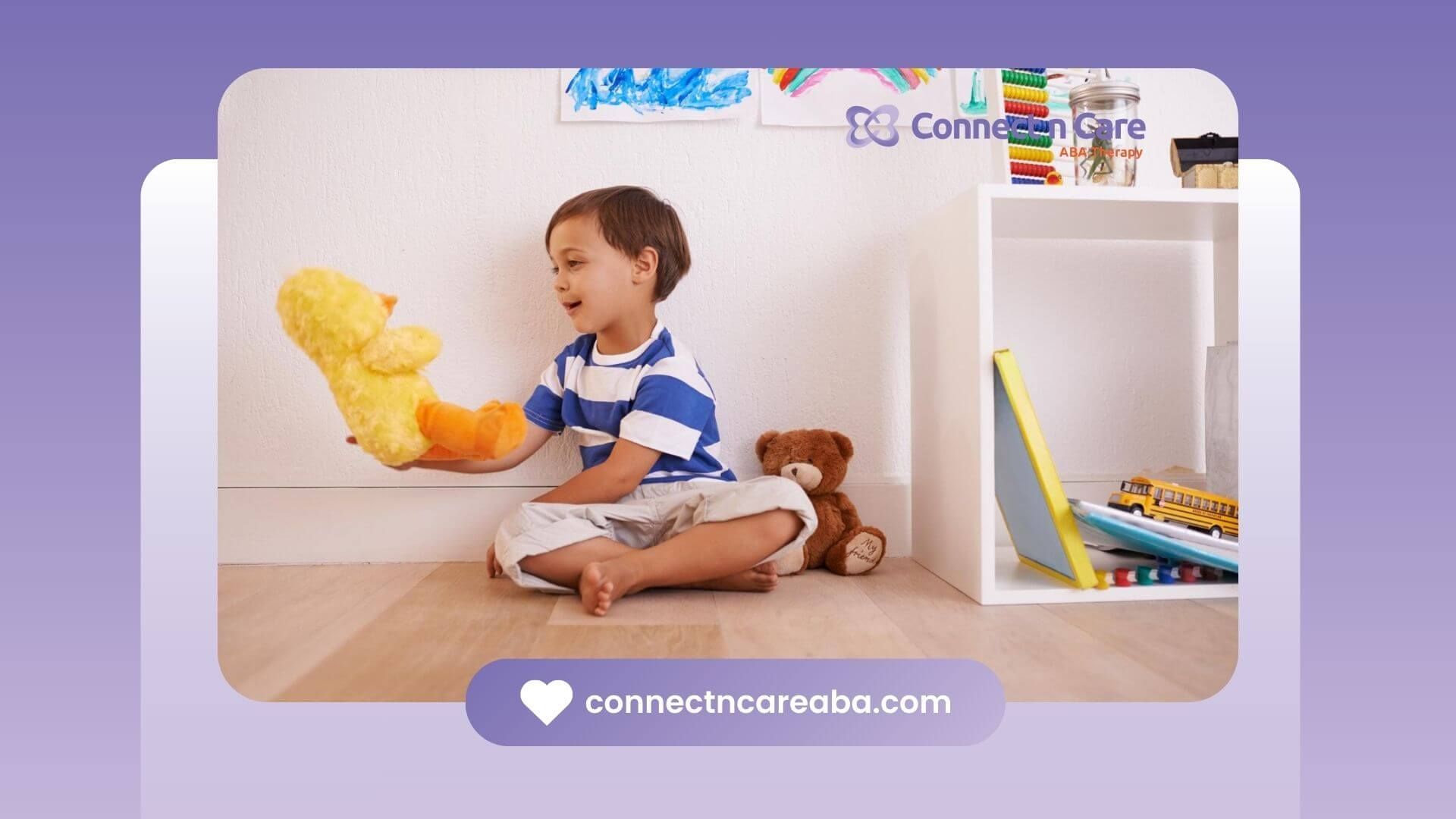Yes, many children with autism can get upset more easily than their neurotypical peers—but there’s a reason behind it. This emotional response isn’t about being “difficult.”
It's often tied to how their brains process sensory input, changes in routine, and communication challenges. The good news? With the right support, they can learn to manage these feelings more effectively.
Why Meltdowns Happen
Autistic children may experience sensory overload, meaning everyday sounds, lights, or textures can feel overwhelming. When that sensory input becomes too much, it can lead to distress or what looks like a meltdown.
Another big trigger? Unexpected changes. If a schedule shifts suddenly or something feels unpredictable, a child with autism might feel anxious or frustrated.
These moments aren’t about misbehavior—they’re signs your child is struggling to cope with a world that feels confusing or overwhelming.
How to Help Kids Manage Big Emotions
With patience and consistent strategies, children with autism can learn tools to navigate their emotions. Predictable routines, calm environments, and visual supports are great starting points. Understanding their triggers can also go a long way in preventing emotional outbursts before they happen.
If you’re in North Carolina and looking for experienced, compassionate support, Connect N Care ABA offers tailored in-home ABA therapy in North Carolina that help children build emotional regulation skills and thrive. We’re here to guide your family every step of the way.









